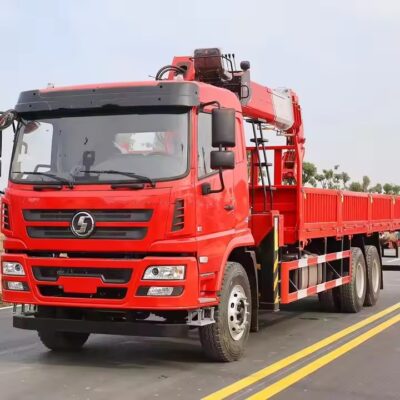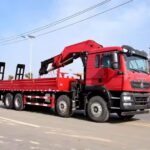In this era of soaring fuel prices, saving fuel has become a paramount concern for car enthusiasts. For specialized vehicles like llongddrylliwrs, fuel efficiency is especially important. Mastering a few fuel-saving techniques can lead to significant savings during the use of llongddrylliwrs. Heddiw, we will discuss how to make llongddrylliwrs more fuel-efficient.

Tire Pressure: Pay close attention to tire pressure. Underinflated tires increase fuel consumption and can accelerate tire wear. Maintaining appropriate tire pressure is crucial.
Steering and Tires: Dros amser, the steering and tires of your llongddrylliwr may become misaligned, causing wear on various components. Regularly check and adjust the steering and tires at a service station to reduce fuel consumption.
Avoid Random Modifications: llawer llongddrylliwr owners enjoy modifying their vehicles, but this can disrupt the scientific design of the vehicle and increase fuel consumption. It’s best to avoid arbitrary modifications.
Choosing the Right Drylliwr: Select a llongddrylliwr that suits your intended operations. Er enghraifft, a blue-plate llongddrylliwr or a smaller yellow-plate wrecker is sufficient for urban tasks. For highway operations involving larger accident vehicles, a larger wrecker is necessary. Using a large wrecker for small tasks can be wasteful and increase fuel consumption.

Proper Fuel Selection: Avoid refueling at small, unregulated stations. Inferior fuel can increase consumption and damage the engine, leading to greater costs.
Regular Maintenance: Keeping your llongddrylliwr in optimal condition is essential for fuel efficiency. Newidiadau olew yn rheolaidd, air filter replacements, and engine tune-ups can significantly improve fuel economy. A well-maintained engine runs more efficiently, burning fuel more effectively and reducing unnecessary consumption.
Efficient Driving Habits: The way you drive can greatly impact fuel consumption. Avoid rapid acceleration and hard braking, as these behaviors consume more fuel. Yn lle hynny, aim for smooth and steady driving. Utilize cruise control on highways to maintain a constant speed, which can also help save fuel.
Reduce Idling: Idling consumes fuel without any productive output. If you anticipate a long wait, it is more fuel-efficient to turn off the engine. Modern engines consume less fuel when restarted compared to idling for extended periods.

Minimize Weight: Extra weight in your llongddrylliwr can lead to increased fuel consumption. Regularly clean out any unnecessary tools, equipment, or debris from your vehicle. Only carry what is essential for your operations to improve fuel efficiency.
Plan Efficient Routes: Use GPS and route planning tools to avoid traffic congestion and find the shortest and most fuel-efficient routes to your destinations. Avoiding stop-and-go traffic and long detours can save a significant amount of fuel.
By implementing these fuel-saving techniques, you can optimize the efficiency of your llongddrylliwr and reduce operational costs. These practices not only save money but also contribute to environmental conservation by lowering your carbon footprint. Have you mastered these fuel-saving tips for llongddrylliwr ffordds? Start applying them today and experience the benefits of improved fuel efficiency!









